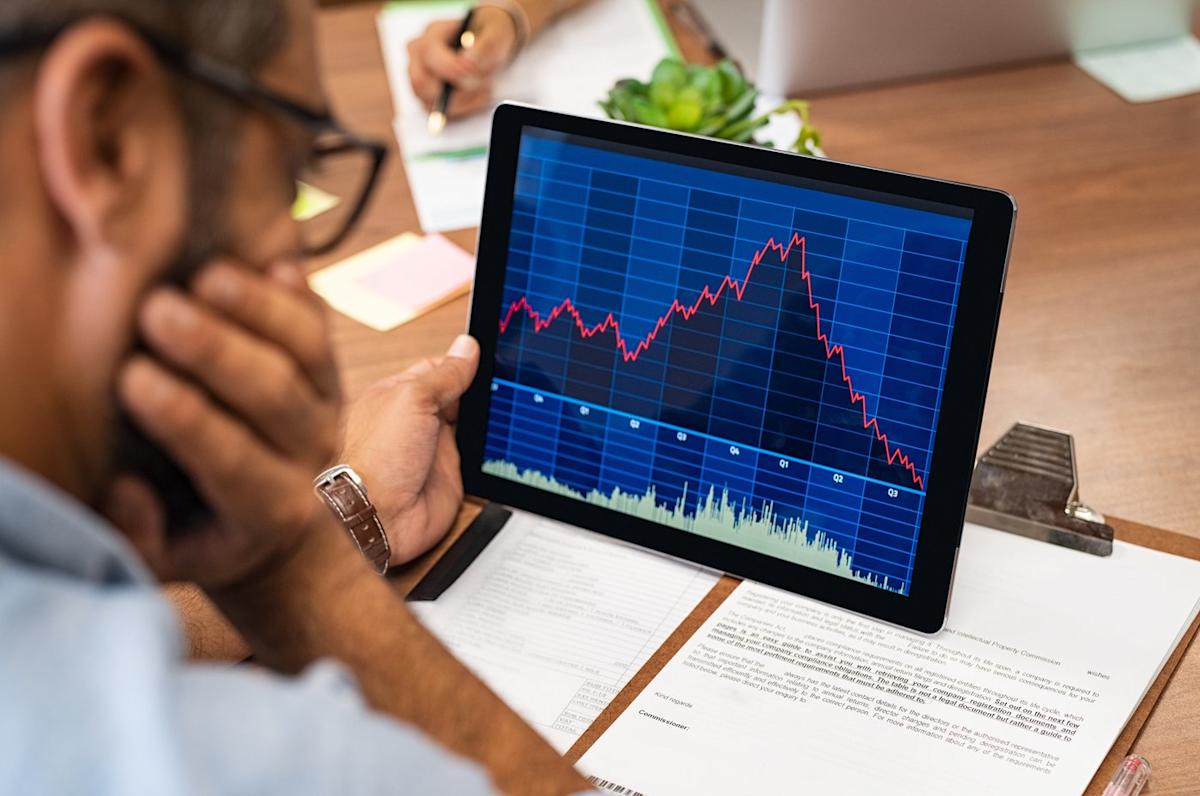This year has been an incredible one for many companies, especially technology players operating in the area of artificial intelligence (AI). They’ve led gains in all three indexes, from the S&P 500 and the Nasdaq to the Dow Jones Industrial Average. In fact, new Dow member Nvidia is heading for the top performance in that index this year thanks to its AI strengths.
Investors have piled into AI stocks because the technology promises to be revolutionary, marking history much like the development of the telephone or the Internet. Analysts expect today’s $200 billion AI market to top $1 trillion by the end of the decade, so companies and investors getting in on this area now could win big.
Still, not every AI company has reaped the rewards in recent times. Super Micro Computer (NASDAQ: SMCI) and Intel (NASDAQ: INTC) both have faced challenges in the past months, and this has weighed on their stock performance. Which one is a better recovery story buy for 2025? Let’s find out.
Supermicro stock blasted higher in the first half of the year, gaining 188%. The company makes equipment such as servers and workstations, and demand from AI customers has been soaring. This has translated into triple-digit quarterly revenue growth.
But several pieces of news hurt Supermicro in the second half of the year. First, a short report by Hindenburg Research alleged troubles at the company. Then, Supermicro delayed the filing of its 10-K annual report and later the filing of its 10-Q quarterly report. Meanwhile, the company’s auditor resigned, and the late financial filings put it at risk for a Nasdaq delisting.
The stock tumbled 67% from the Hindenburg report to its lowest in mid-November. But brighter news emerged in recent weeks. Supermicro found a new auditor and submitted a plan to the Nasdaq to regain compliance — Nasdaq has since granted an extension to Feb. 25, and Supermicro says it expects to file by that time.
So, the worst could be behind Supermicro, setting it up for a potential recovery during 2025.
Intel dominates the market of central processing units (CPUs), the key processors that power most computers. But a few problems have weighed heavily on this tech giant. First, it’s losing market share to Advanced Micro Devices in the desktop CPU market. Second, Intel failed to get in early on the AI market, and though it’s come out with compelling products in recent quarters, it’s struggling to catch up to leaders.
On top of this, some investors worried about the investment involved in Intel’s decision to become a chipmaker, offering foundry services to not only itself but to rivals. Spending has had an impact on the company’s free cash flow in recent years.


